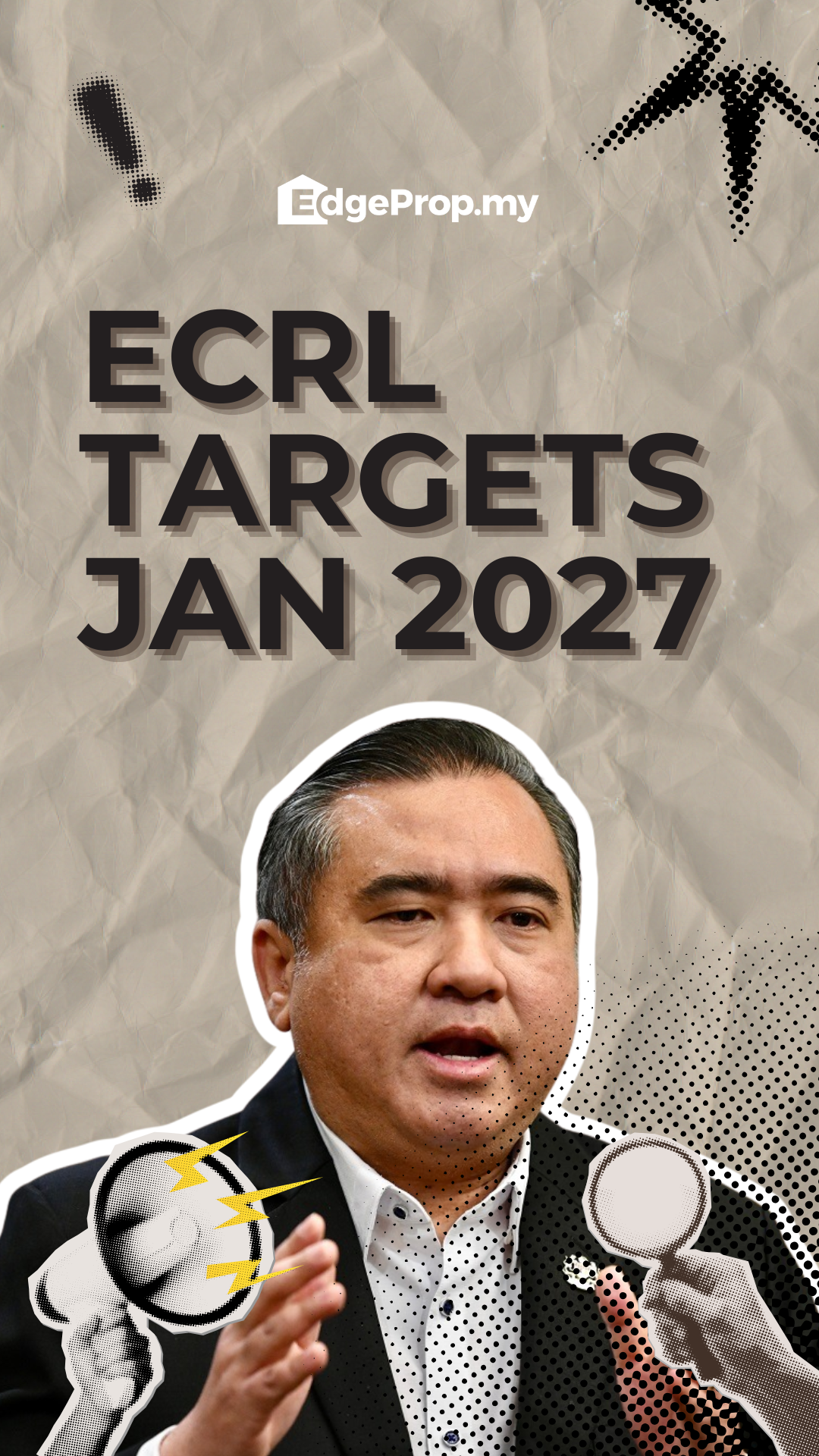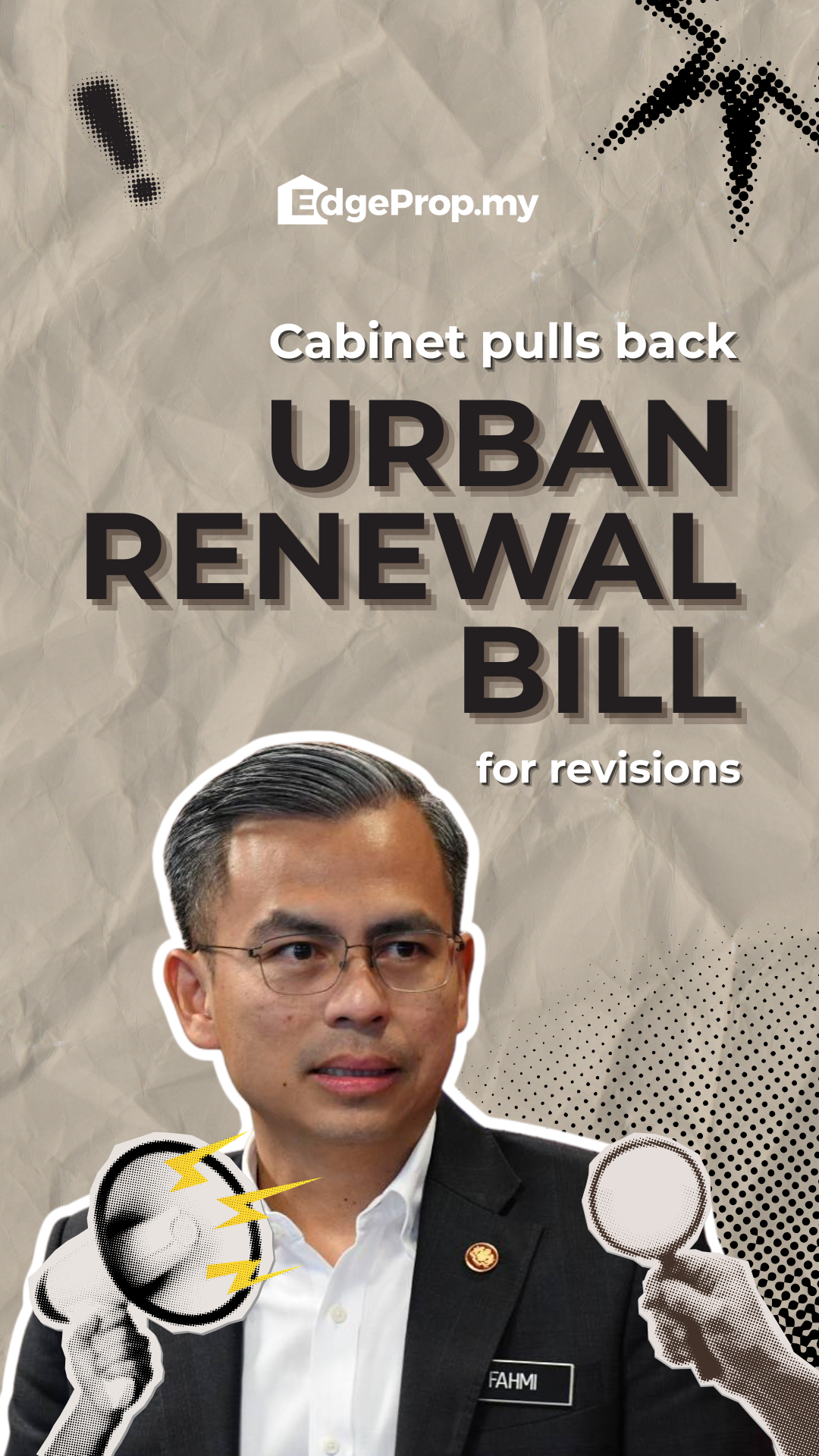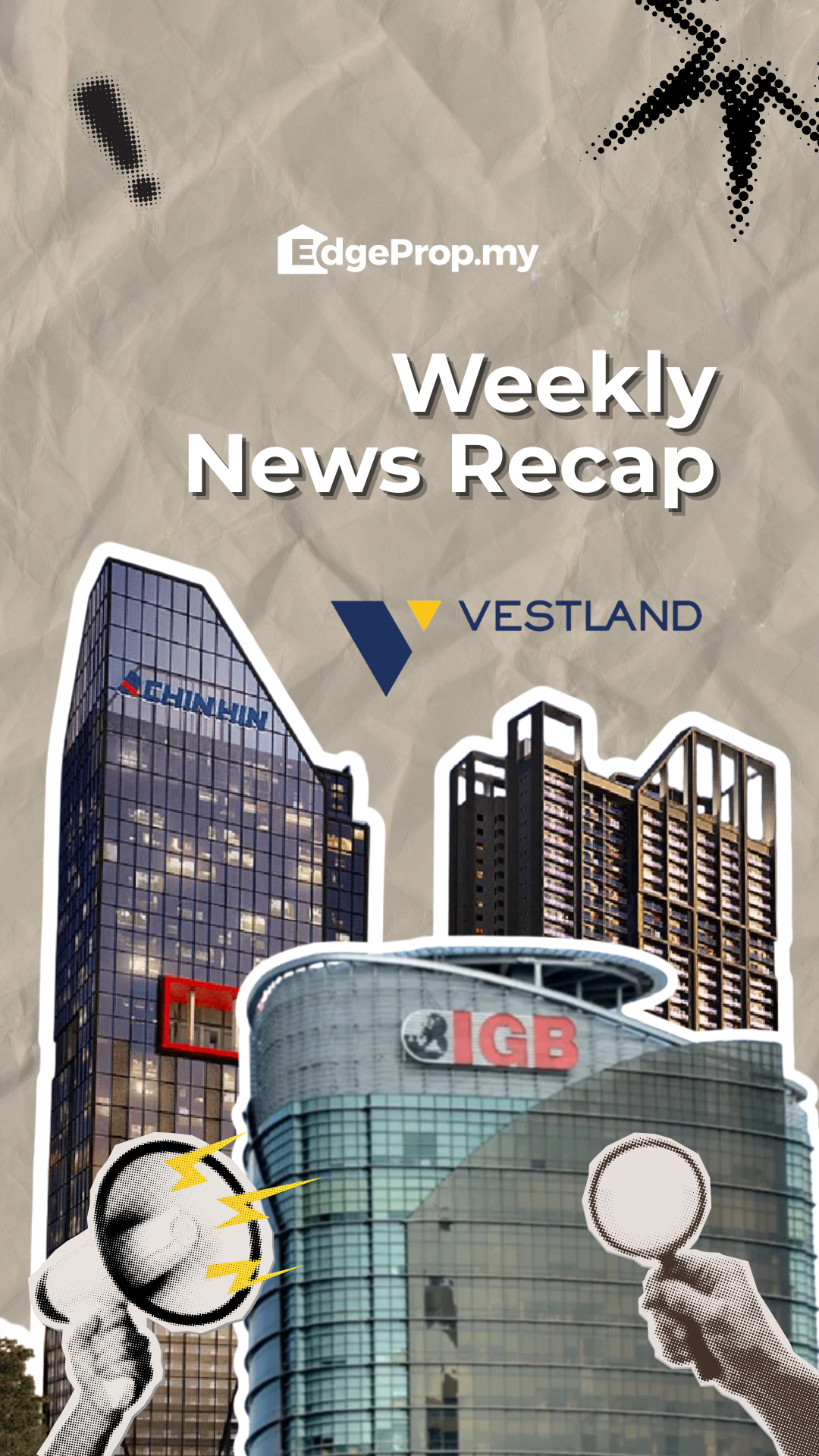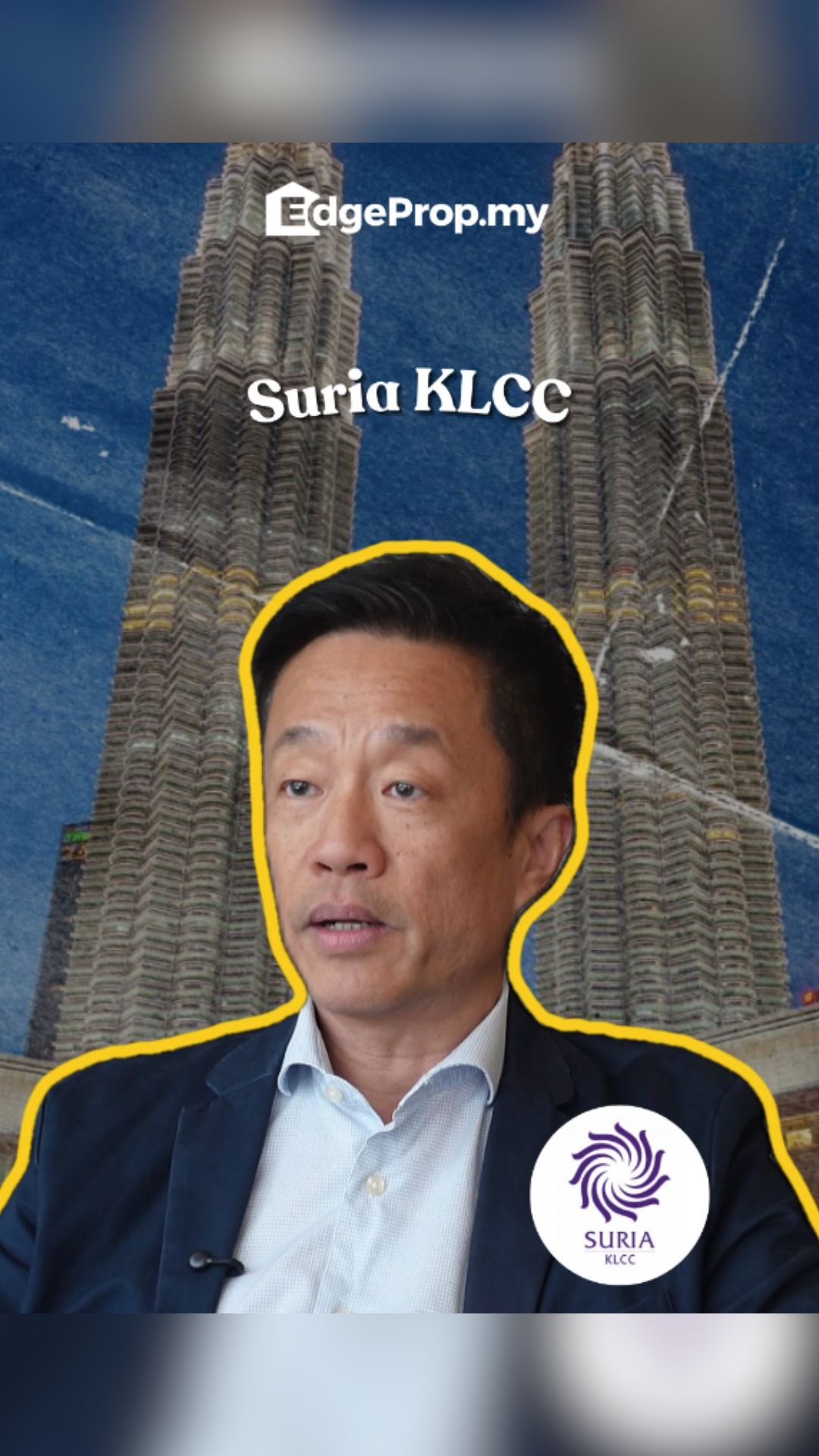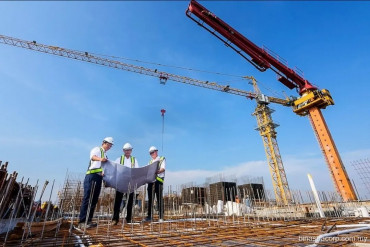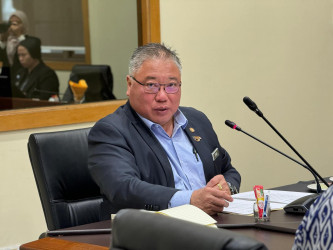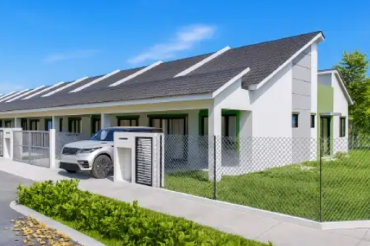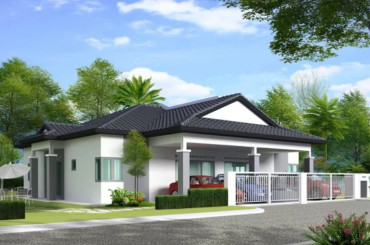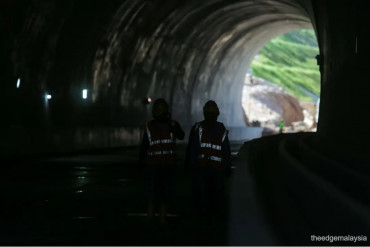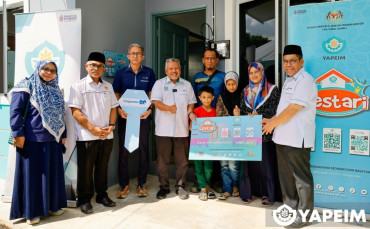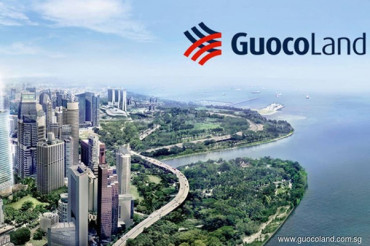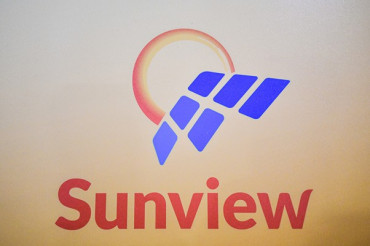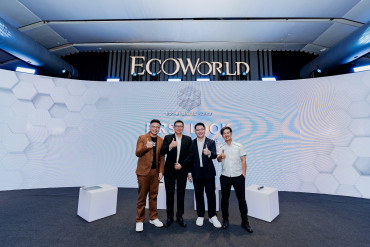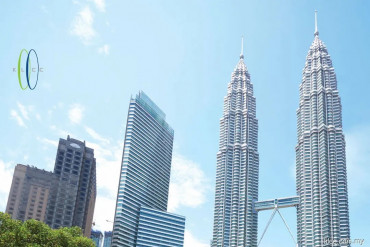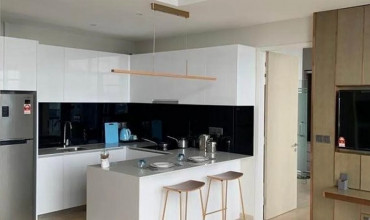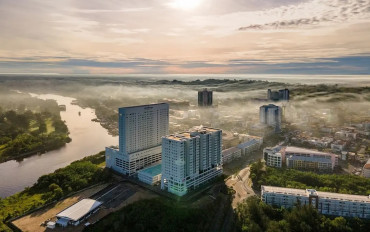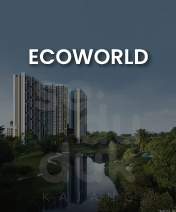ADVERTISEMENT
All Property News
Stay updated with the latest real estate and finance news, including property market trends, housing insights, and valuable information.

IOI Properties sells 136 acres of industrial land for RM740 mil
6 hours ago

Mah Sing to revive two RMKU affordable housing projects in Penang
7 hours ago

Lagenda Properties’ earnings growth about to speed up, says CGS International
12 hours ago

ECRL: Govt to review laws for harsher cable theft penalties
13 hours ago

Sarawak Consolidated Industries cancels financing facilities after reassessing funding needs post-divestment
13 hours ago

AME Elite wins RM214m job to build test cell facility for KLIA Aeropolis
14 hours ago
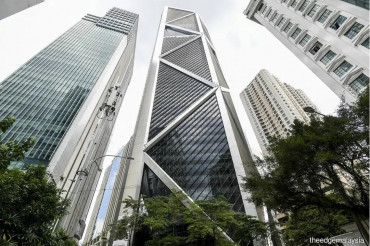
Legally Speaking
Govt seeks to forfeit funds in Ilham Tower, individual accounts linked to Daim case
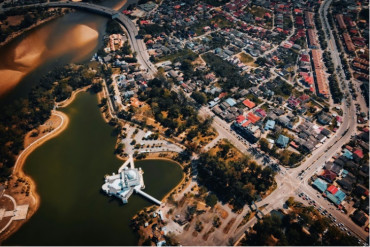
Guide to Homebuying
Find the best location for your home
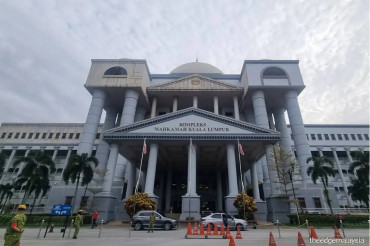
Legally Speaking
KL High Court rules developer’s ‘contra arrangements’ with landowner invalid in K Residence condo case; Duta Yap’s son held personally liable
Trending narratives
Malaysia's Most
Loved Property App
The only property app you need. More than 200,000 sale/rent listings and daily property news.

















